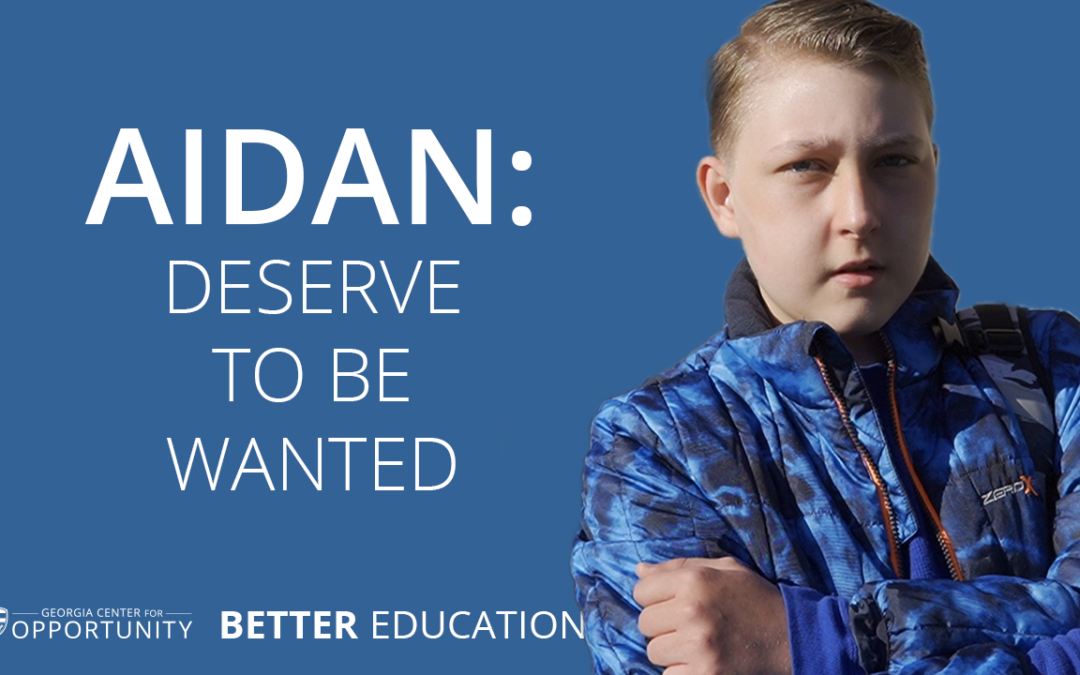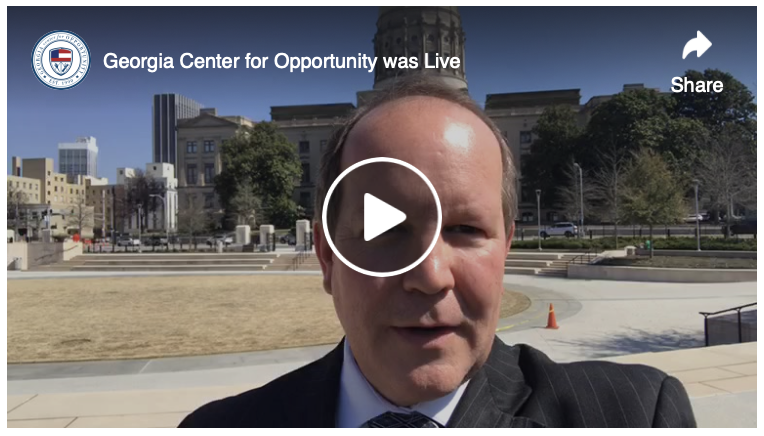
Origins of the Georgia Center for Opportunity: Why we choose to focus on work
Origins of the Georgia Center for Opportunity: Why we choose to focus on work

You’ve probably heard that if you give a man a fish, he’ll eat for a day—but if you teach him to fish, he’ll eat for a lifetime. And while the Georgia Center for Opportunity’s (GCO) mission to alleviate poverty by removing barriers to human flourishing is grounded in the three core areas of family, jobs, and education, we know from years of experience that helping people secure meaningful work—teaching them to fish—is key to breaking the chains of generational poverty and building thriving communities. Work is about more than a job. It’s a key pathway to human dignity.
How did we learn this?
In our early years—even before we changed our name to GCO—we were working closely with Neighborhood Planning Unit 5 (NPU-V) in downtown Atlanta. Here, the initial focus was on reforming the criminal justice system because nearly one-in-three men in this community had been incarcerated.
As returning citizens most of these men were wholly unprepared to return to their communities. And with few-to-no job skills, they faced enormous challenges in finding—and holding onto—work. Not surprisingly, this set them up to return to a life of crime, with a high likelihood of going back to prison.
Given this devastating cycle of recidivism, GCO saw the need to work with community leaders, criminal reform experts, and state legislators to help former prisoners successfully re-enter society and learn how to become productive members of society. We also worked on public policy reforms to make it easier for returning citizens to obtain work:
-
- Access to a driver’s license
- Access to occupational licensing despite a felony conviction
- Rehabilitation certification
- Protections for employers who hire returning citizens
We modeled our approach off a sister organization in the United Kingdom called the Centre for Social Justice. Led by former Member of Parliament Iain Duncan Smith, this award-winning organization worked with gangs and achieved success with legislators to enact social welfare policy reforms to help people reach their full potential.
And since research showed that holding a job for at least six months reduced the rate of recidivism by more than two-thirds, we developed relationships with key leaders in the executive, legislative and judicial branches of state government—as well as with local nonprofit, business and community leaders—to reduce recidivism by developing our ground-breaking BETTER WORK program in Gwinnett County and in Columbus.
The Success Sequence provides an outline of how to reverse the cycle of poverty in our communities. GCO uses this as a framework for much of our work.
The heart of BETTER WORK is collaborating closely with local businesses to hire ex-prisoners, offer job training and employment support, and do something good not only for the company, but the community as well. And since our first event in Atlanta in 2017—involving leading employers like Georgia Pacific, Uber and Tip Top Poultry—BETTER WORK events have expanded to other communities in Gwinnett County, Columbus, and beyond.
Beyond helping people find good jobs with employers in local communities, we continue to advocate on policy issues that keep people out of the legitimate job market, including child support challenges, relief from fees and penalties incurred while incarcerated, occupational licensing hurdles, and civil asset forfeiture.
And we continue to build coalitions of nonprofits, faith groups, and businesses to teach folks how to fish so that they are not reliant on government handouts. As always, our mission is to help people support themselves—and provide for their families in ways that break the cycle of poverty and create new trajectories that lead to individual and community transformation.








